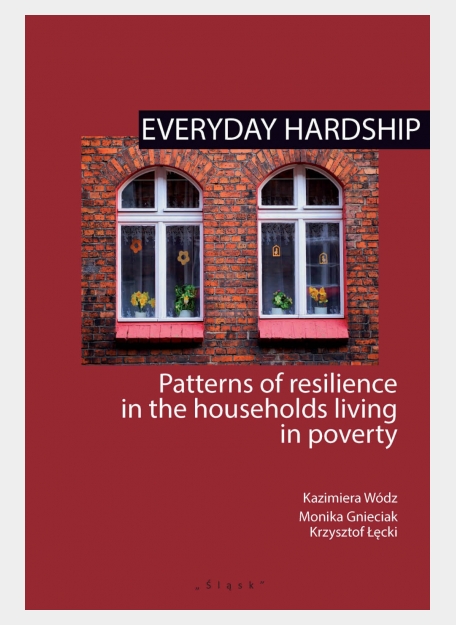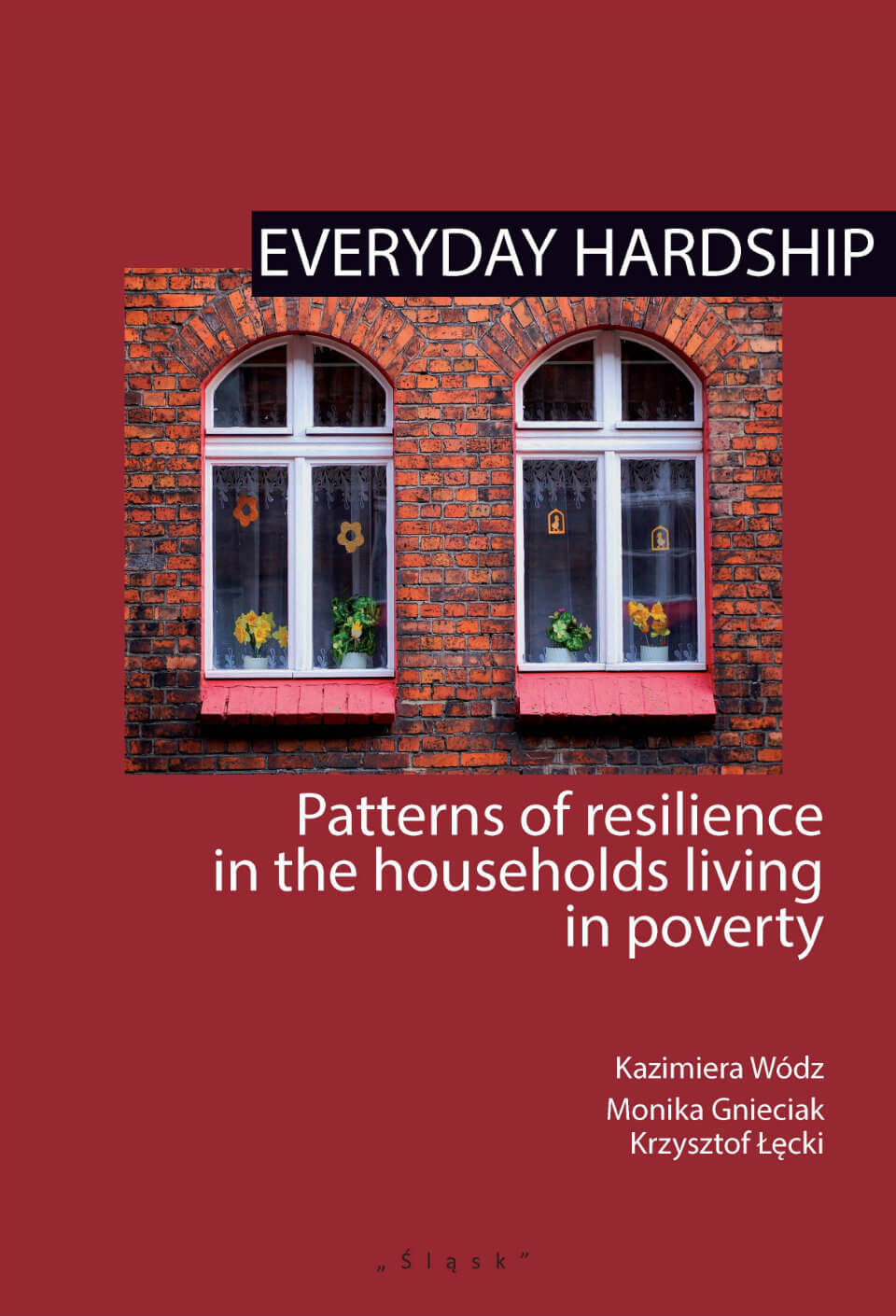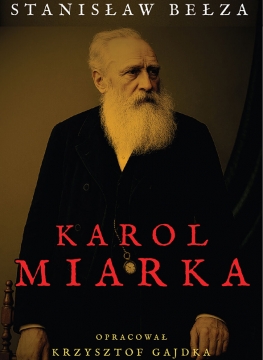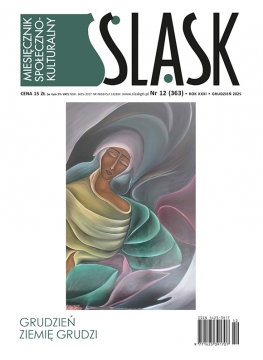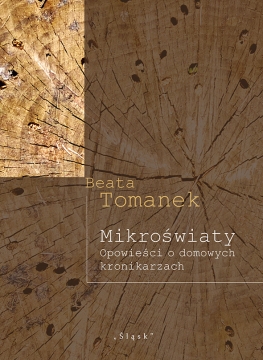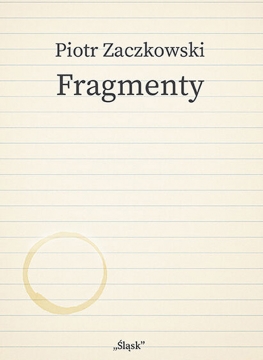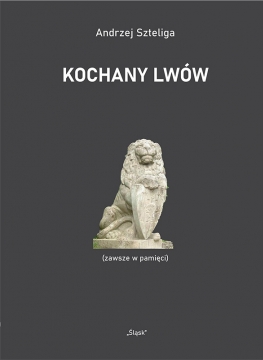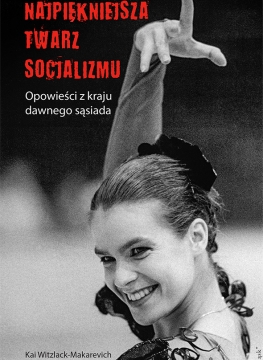- Strona główna
- Sklep
- EVERYDAY HARDSHIP
EVERYDAY HARDSHIP
29,00 złPatterns of resilience in the households living in poverty
The three separate research projects selected for the book fall into place and the well-thought-out whole features: (a) coherence of the theoretical perspective, which is a combination of classical anthropological concepts and the traditions of sociological research over urban collectivities, (b) continuity in research interests focused on everyday and widespread impacts of the economic restructuring, the effects of which came to be suffered by the next generation of Upper Silesia’s population, (c) as a result of which the conducted explorations orbit around the processes of pauperization of the population (here, admittedly, of whole estates) traditionally connected with heavy industry, (d) of which the researchers seem to be most interested in is how the economic transformation has led to a comprehensive reorganization of the cultural foundations on which the existence of native Silesian communities was based. Add to that the adopted (e) methodology, whose invariable link with the qualitative procedures additionally enhance the sense of continuity, which makes various research undertakings seen from the time perspective fit into one picture, description of changes in the social and cultural identity of (post)mining collectivities.
(From the review of Professor Krzysztof Frysztacki)
This book has a special character as it has been intended to be a summa of all the studies that have been carried out throughout the years at the Institute of Sociology, and in particular, the Department of Research on Contemporary Culture and the Social Work School, by a team of researchers as well as researchers under the supervision of one of the authors of the present publication, Kazimiera Wódz.
(From the Introduction)
Autor: Kazimiera Wódz, Monika Gnieciak, Krzysztof Łęcki
| ISBN | 978-83-8183-044-7 |
|---|---|
| Wymiary | 160x235 |
| Liczba stron | 366 |
| Rok wydania | 2020 |
Introduction
Part one. Everyday life in the old working-class districts of the industrial towns and cities of Upper Silesia
Chapter 1. Working class estates of Upper Silesia region – the social world of their residents
1.1. The city from the perspective of everyday life
1.2. Anthropological approach in the sociology of the city
1.3. Working-class estates of Upper Silesia – the social world of their residents
1.4. Upper Silesian region in the process of transformation
Chapter 2. Transformation processes and changes of urban space of Upper Silesian towns
2.1. Social consequences of restructuring of old industrial districts in Upper Silesia
2.2. Place and memory: the case of Ksawera estate
2.2.1. Place and Memory
2.2.2. Paryż/Zawadzki/Paryż mine
2.2.3. Ruins and “ghosts of the past”
2.2.4. Spatial symbolic representation of capitalism
2.2.5. Conclusions
Part two. Old and new poverty in Upper Silesia
Chapter 3. Urban anthropology in the research on poverty
3.1. The concept of “urban villagers” by Herbert Gans in the study on enclaves of poverty. An Upper Silesian perspective
3.2. Underclass in the city
Chapter 4. The Social History of Poverty in Central Europe.
A research method
4.1. New and Old Poverty in Upper Silesia
4.1.1. Methodology
4.1.2. Old and New Poverty in a cultural border region: two case studies
4.1.3. Summary
Part three. Poverty and resilience
Chapter 5. RESCuE Project
5.1. General assumptions of the project
5.2. Cultural sources of resilience. Theoretical basis for the research carried out in Upper Silesia
5.3. The research area and participants against the backdrop of Polish economic crisis
5.3.1. Urban Case
5.3.2. Rural Case
5.4. Observations from the field
5.4.1. Observational strategies
5.4.2. Results from the observation
5.4.3. Field access and contacting
5.4.4. Sampling criteria
5.4.5. Conducting interviews
Chapter 6. Cultural practices and resilience. An analysis of research material
6.1. Symbolic capital
6.2. (Socio)economic capital
6.3. Social capital
6.4. Cultural capital
Chapter 7. Conclusions from the research. An attempt of synthesis
7.1. Household resources: old poverty – new poverty
7.2. Types of communities: integration – disintegration
7.3. Activation of cultural resources: producers – consumers of culture
7.4. Family relationships: family support – lack of family support
7.4.1. Patriarchal model: men, women and resilience practices
Postscriptum
References
Index of tables
Appendix I. Old and new poverty in Upper Silesia. Selected interviews
1. Family A
Person I
Person II
2. Family B
Person I
Person II
Appendix II. RESCuE. Selected interviews
Man, URBAN I (interview code PL_U_05)
Man, RURAL I (interview code: PL_R_06)
